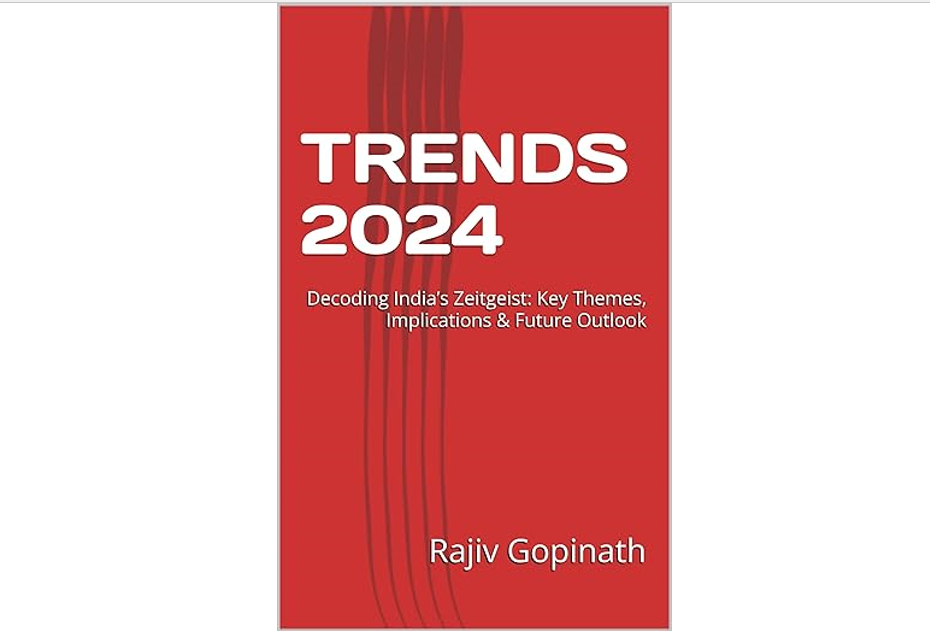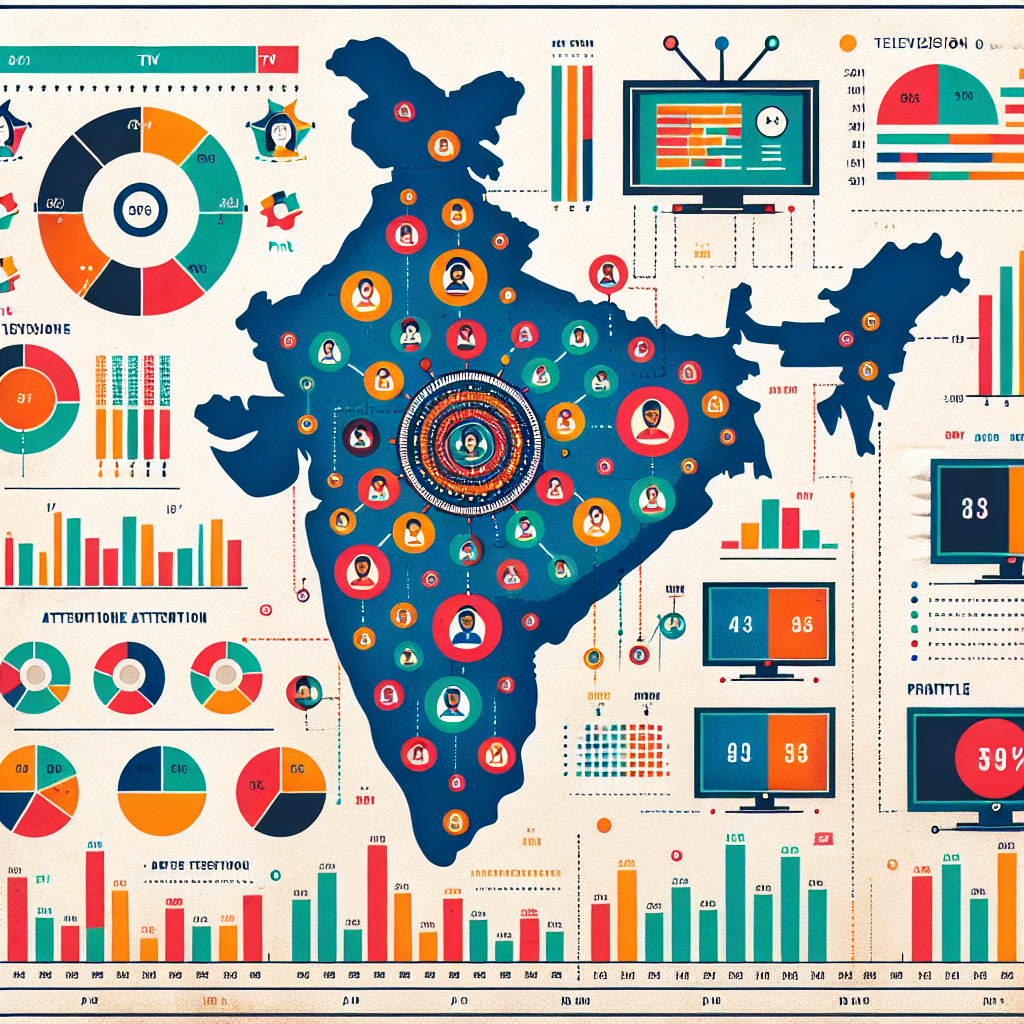Why Brands Need to Rethink Customer Data Ownership & Stewardship
During a routine data governance meeting at his previous company, Pedro's legal counsel shared a letter from a customer demanding the deletion of all their data. What caught Pedro off guard wasn't the request, but the CMO's response: "It's not their data, it's ours—we collected it." The room fell silent. A junior analyst finally spoke up: "But shouldn't people have some say in how their information is used?" That moment fundamentally altered Pedro's perspective on customer data. He realized they had been approaching data as a resource to extract rather than a relationship to nurture. This revelation sparked Pedro's journey into exploring ethical data stewardship and challenging traditional notions of data ownership.
Introduction: The Shifting Data Paradigm
The digital economy has operated under an implicit assumption: customer data belongs to the companies that collect it. This ownership model fueled the remarkable growth of data-driven marketing but is increasingly unsustainable. According to Deloitte's Digital Consumer Trends report, 81% of consumers believe they should have control over how companies use their data, yet only 23% feel they actually do.
This disconnect represents more than a trust gap—it signals a fundamental misalignment between business practices and consumer expectations. As Harvard Business School professor Shoshana Zuboff notes in her seminal work on surveillance capitalism, "The idea that personal information is corporate property represents an unprecedented market arrangement that rests on unilateral claims."
The evolution from data ownership to data stewardship isn't merely philosophical—it's becoming a business imperative shaped by regulatory pressures, changing consumer attitudes, and competitive differentiation opportunities. Companies that fail to adapt risk not just compliance penalties but irreparable damage to consumer relationships.
1. The Evolution from Data Extraction to Data Stewardship
Traditional approaches to consumer data were built on extraction models—collecting, storing, and leveraging as much information as possible with minimal transparency. This model flourished in the regulatory vacuum of early digital marketing.
The evolution toward stewardship represents a fundamental shift in mindset. Microsoft's transformation illustrates this journey. Following privacy controversies in the early 2000s, they implemented their Trustworthy Computing initiative, eventually evolving into their current Data Dignity approach that recognizes customers as stakeholders in data decisions rather than merely its subjects.
This shift aligns with what Oxford Internet Institute researcher Luciano Floridi calls "the ethics of data stewardship"—the recognition that holding personal information creates moral obligations beyond legal compliance. In this framework, companies serve as custodians rather than owners of customer data.
2. Reframing Data Collection as Value Exchange
Progressive brands are reconceptualizing data collection as an explicit value exchange rather than a hidden transaction cost.
Starbucks exemplifies this approach through its Rewards program. Rather than obscuring data collection, they explicitly communicate how shared information enables personalized experiences, demonstrating what marketing strategist Doc Searls identified as "intention economy" principles—where customers are active participants in value creation rather than passive data generators.
Research from the Yale Center for Customer Insights shows that when brands clearly articulate the benefits of data sharing, willingness to share increases by up to 40%, creating what they term "reciprocity-based data relationships." This approach fundamentally reframes data as a collaborative asset rather than corporate property.
3. Implementing Participatory Data Governance
Forward-thinking organizations are moving beyond compliance-focused privacy policies toward participatory governance models that give customers agency in data decisions.
Apple's App Tracking Transparency feature represents this principle at scale, shifting from implicit to explicit participation in tracking decisions. While controversial within the advertising ecosystem, it exemplifies what Stanford's Digital Civil Society Lab calls "human-centered data governance"—frameworks that empower individuals rather than simply informing them.
Financial institution BBVA implemented customer data dashboards that provide transparency and control over how information flows through their systems. This initiative increased mobile banking engagement by 28% by transforming what was previously perceived as invasive data collection into a collaborative relationship.
4. AI Ethics and Algorithmic Stewardship
The rise of AI in marketing introduces new stewardship challenges around algorithmic decision-making that extends beyond basic data collection concerns.
Unilever's Responsible AI framework demonstrates how stewardship principles can be applied to artificial intelligence. By implementing explainability standards and fairness metrics for marketing algorithms, they address what AI ethicist Rumman Chowdhury describes as "the black box problem"—the opacity that undermines consumer trust in AI-driven personalization.
Research from MIT's Initiative on the Digital Economy indicates that algorithmic transparency correlates with a 33% increase in consumer willingness to share information for personalization purposes. This finding underscores how stewardship extends beyond data collection to encompass how information is processed and applied.
5. From Legal Compliance to Competitive Advantage
Regulatory frameworks like GDPR and CCPA established baseline requirements for data handling, but leading brands recognize that genuine stewardship transcends compliance to create strategic differentiation.
Outdoor retailer Patagonia extended their environmental stewardship ethos to data practices through their "Digital Fair Trade" initiative—implementing data minimization, purpose limitation, and transparency principles that exceed regulatory requirements. This approach transformed potential compliance burdens into brand alignment opportunities.
McKinsey research indicates that companies embracing data stewardship principles outperform competitors in customer retention by 23% on average, demonstrating what they term "the trust dividend"—the business value generated when brands move beyond transactional data relationships to partnership models.
Conclusion: The Future of Brand-Customer Data Relationships
The transition from data ownership to stewardship represents a fundamental recalibration of the brand-customer relationship. This shift isn't merely ethical—it's economically rational in an environment where consumer trust has become a scarce and valuable resource.
As marketing ecosystems evolve toward greater personalization through AI and predictive analytics, the paradox intensifies: deeper personalization requires more data, yet consumers increasingly resist opaque collection practices. Only stewardship models can resolve this tension by creating the trust necessary for sustainable personalization.
Brands that continue to operate under ownership assumptions will find themselves at growing disadvantages in customer acquisition, retention, and engagement as consumers increasingly vote with their data by sharing it selectively with organizations they trust.
Call to Action
For marketing leaders navigating this transition:
- Audit your current data practices against stewardship principles
- Implement explicit value exchange frameworks for all data collection points
- Develop governance mechanisms that include customer participation
- Establish transparent AI policies for automated marketing decisions
- Train teams to think of data as a relationship rather than a resource
By embracing data stewardship today, you position your brand for sustainable relationships in an ecosystem where trust is becoming the ultimate competitive advantage. The question is no longer whether to transition from ownership to stewardship, but how quickly and authentically you can make this fundamental shift.
Featured Blogs

TRENDS 2024: Decoding India’s Zeitgeist: Key Themes, Implications & Future Outlook

How to better quantify attention in TV and Print in India

AI in media agencies: Transforming data into actionable insights for strategic growth

How the Attention Recession Is Changing Marketing

The New Luxury Why Consumers Now Value Scarcity Over Status

The Psychology Behind Buy Now Pay later

The Rise of Dark Social and Its Impact on Marketing Measurement

The Role of Dark Patterns in Digital Marketing and Ethical Concerns








